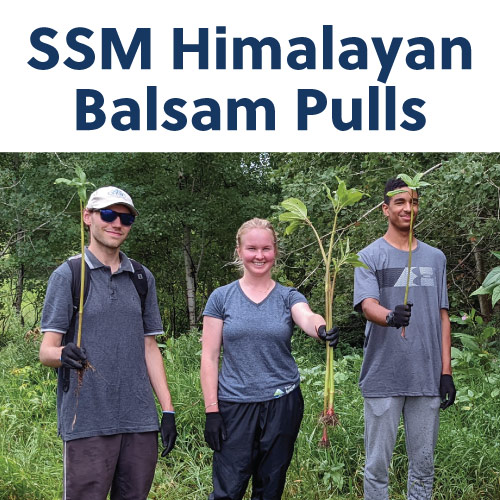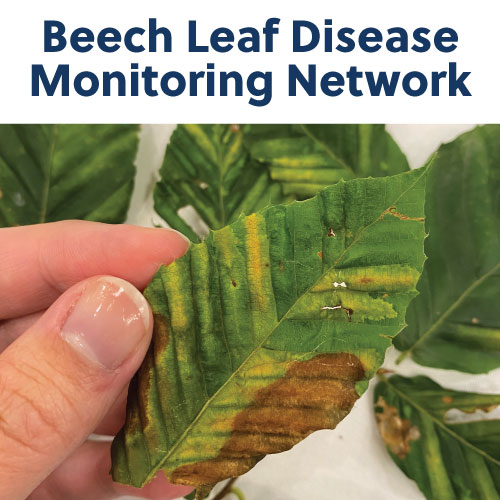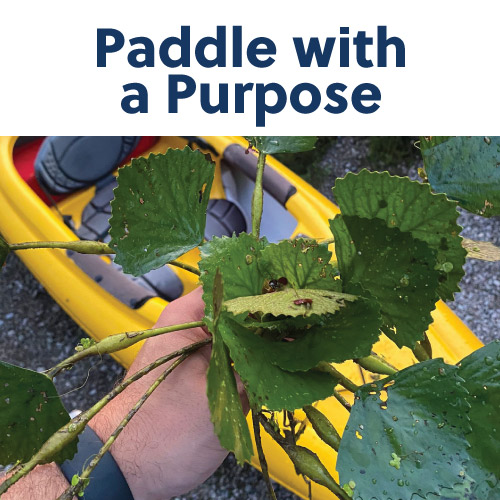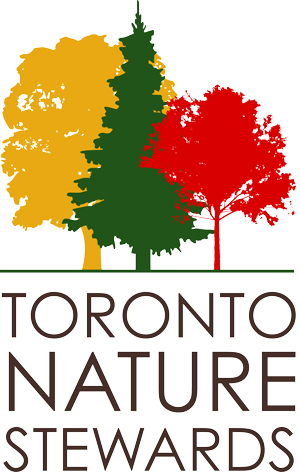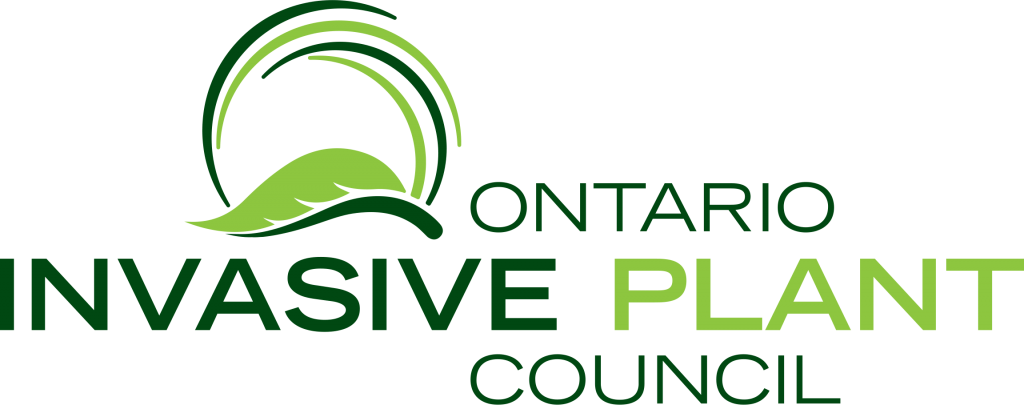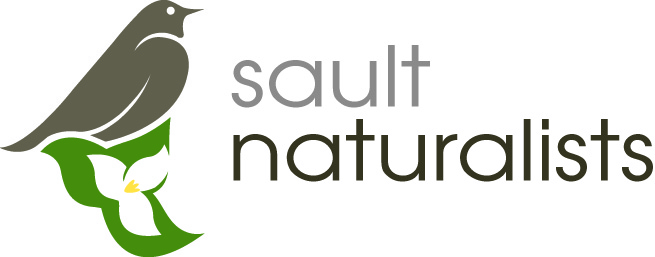
Join – Learn – Take Action!
Community science is the collection and analysis of data relating to the natural world by members of the public, done in collaboration with people in the scientific community.
To date, the Invasive Species Centre has engaged over 18,000 people through community science projects. This Community Science Program aims to connect all of our ISC and partner opportunities and resources in one handy spot, so you can connect to the initiatives that interest you most! It’s as simple as Joining, Learning and Taking Action through one of the many ongoing community science initiatives!
History of Community Science at the ISC and What We Do (click to learn more)
History
Established in 2015, the ISC has run community science initiatives with a wide host of partners, including our core community science partners Ontario Invasive Plant Council, under the Early Detection and Rapid Response Network. Through this network, we’ve established community science initiatives, training and outreach to people across Ontario, creating communities trained on monitoring and identification, reporting and management of invasive species. Building on our previous work through the network and other partner collaboratives, we continue to work on a national scale to increase initiatives for community members to establish boots on the ground and contribute to rapid and efficient response to invasive species issues.
What Do We Do?
- Develop community science projects that people can participate in at their own pace
- Hold training workshops on invasive species
- Hold invasive species removal events and assist with partner events
- Offer Education and Community Action Microgrants to provide financial support to projects in Ontario
- Facilitate youth training and classroom presentations
- Map invasives through EDDMapS and report distribution of invasive species
- Increase accessibility to participate in community science
- Create outreach and social media content on invasive species
- Support and promote ongoing partner community science projects and outreach
Join
Join our network to stay up to date on new initiatives, events and learning opportunities.
Learn
Learn more about invasive species and what role you can play in mitigating the spread.
Take Action
Take action and participate in a community science initiative!
Join
Join
The first step in becoming a citizen scientist is to join our mailing list! This gives you access to:
- Event notifications and registration right to your inbox
- Bi-weekly media and research scans
- Community science funding opportunities
- Enables you to keep in touch with others who share your interests
Learn
Training Webinars: Our YouTube Channel serves as a platform to share training videos, and informative webinars about invasive species.
Species Profiles: Meet the species that are invasive across Canada; pests, plants, pathogens, fish, animals and invertebrates!
Best Management Practices Database: A collection of easily accessible resources from a wide range of organizations focused on invasive species management recommendations.
Factsheets and Resources: These in-depth invasive species resources include technical bulletins, fact sheets, best management practices, and videos.
Teaching about Invasive Species: See our list of free teaching resources to help teach and learn about invasive species in Canada.
Invasive Species Awareness Week: You can get involved by liking and sharing posts created by participating organizations, or posting with the hashtag #InvSpWk during ISAW.
Green Shovels: Collaborative, shovel-ready projects to achieve job creation, economic recovery and environmental progress on invasive species.
Asian Carp Canada: Your resource for information and news regarding the overall threat of Asian carps to the Great Lakes and beyond.
Take Action
Become a Community Scientist, there are many initiatives to join:
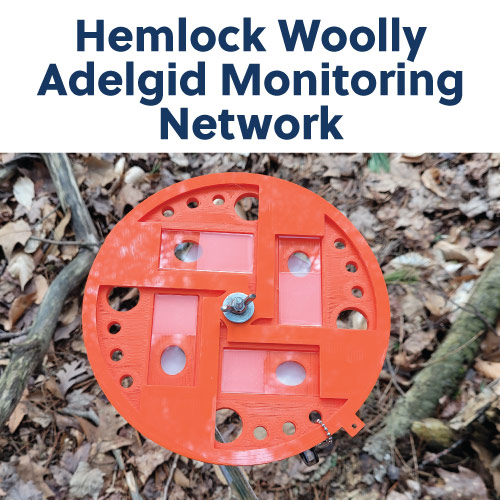
Be part of a program that offers a unique opportunity for community members to become actively involved in monitoring and stewardship of their woodlots.
Monitor your tress and report what you find to our survey form, creating a better understanding of the current health of Canada’s trees.
Need support with your community science work? Looking to add your initiative to the ISC’s Community Science Program webpage? Email us at info@invasivespeciescentre.ca.
Interested in attending one of our events? Visit our Upcoming Events page.
Current and previous community science projects generously supported by:
Current and previous community science project partners:

